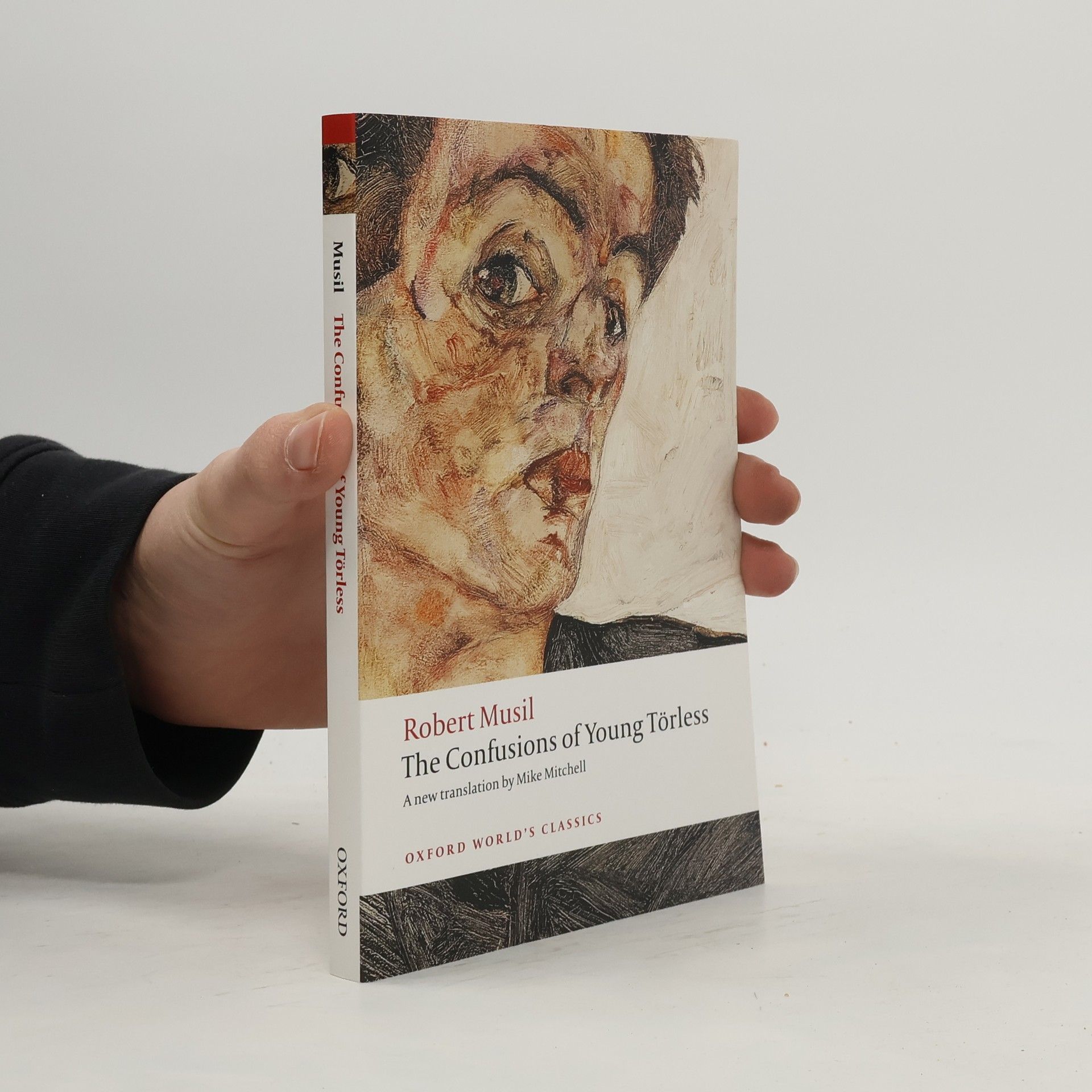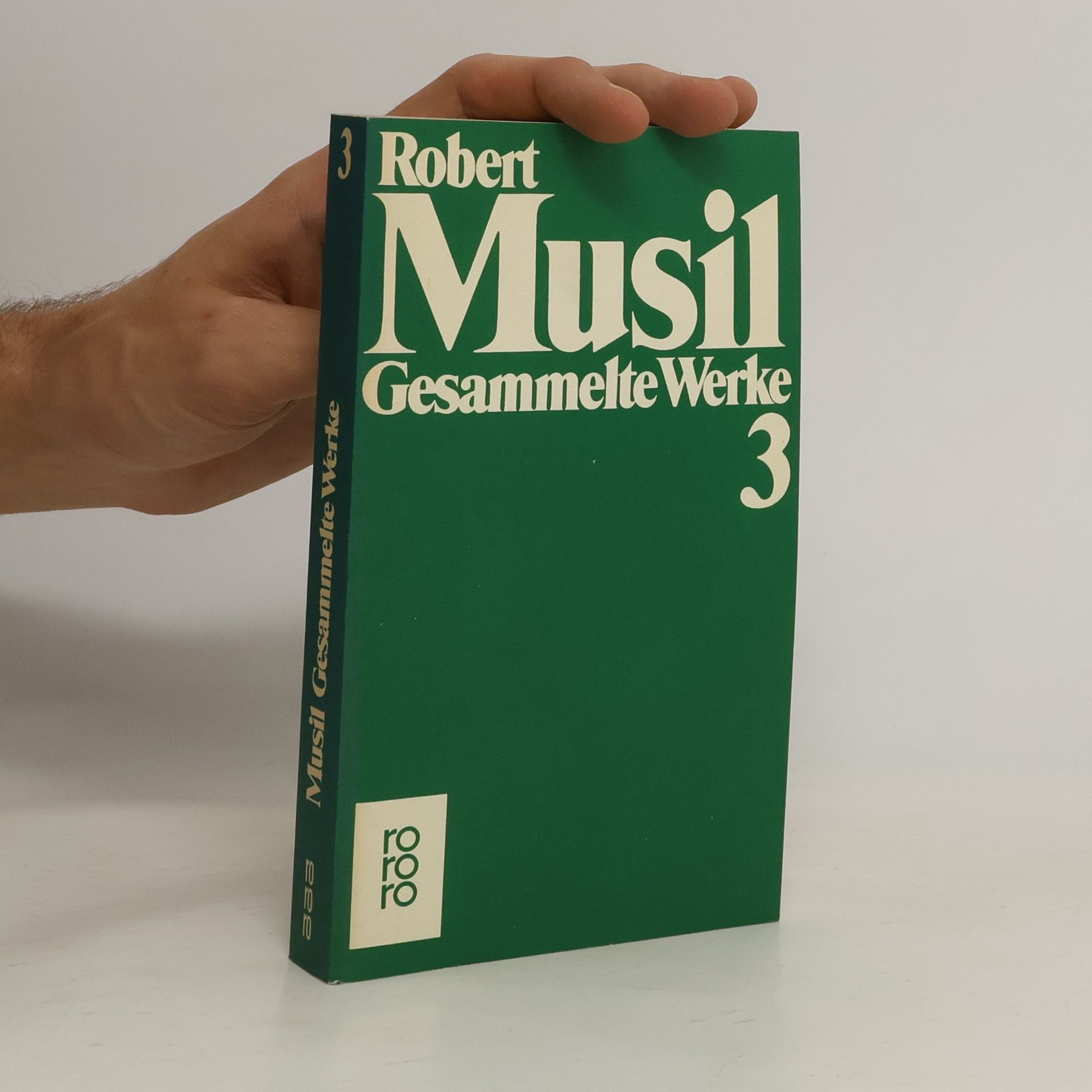L'homme sans qualités. Tome 1
- 864pages
- 31 heures de lecture
" Ce livre étincelant, qui maintient de la façon la plus exquise le difficile équilibre entre l'essai et la comédie épique, n'est plus, Dieu soit loué, un " roman " au sens habituel du terme" : il ne l'est plus parce que, comme l'a dit Goethe, " tout ce qui est parfait dans son genre transcende ce genre pour devenir quelque chose d'autre, d'incomparable ". Son ironie, son intelligence, sa spiritualité relèvent du domaine le plus religieux, le plus enfantin, celui de la poésie ". Thomas Mann, Journal, 1932 Traduit de l'allemand par Philippe Jaccottet








